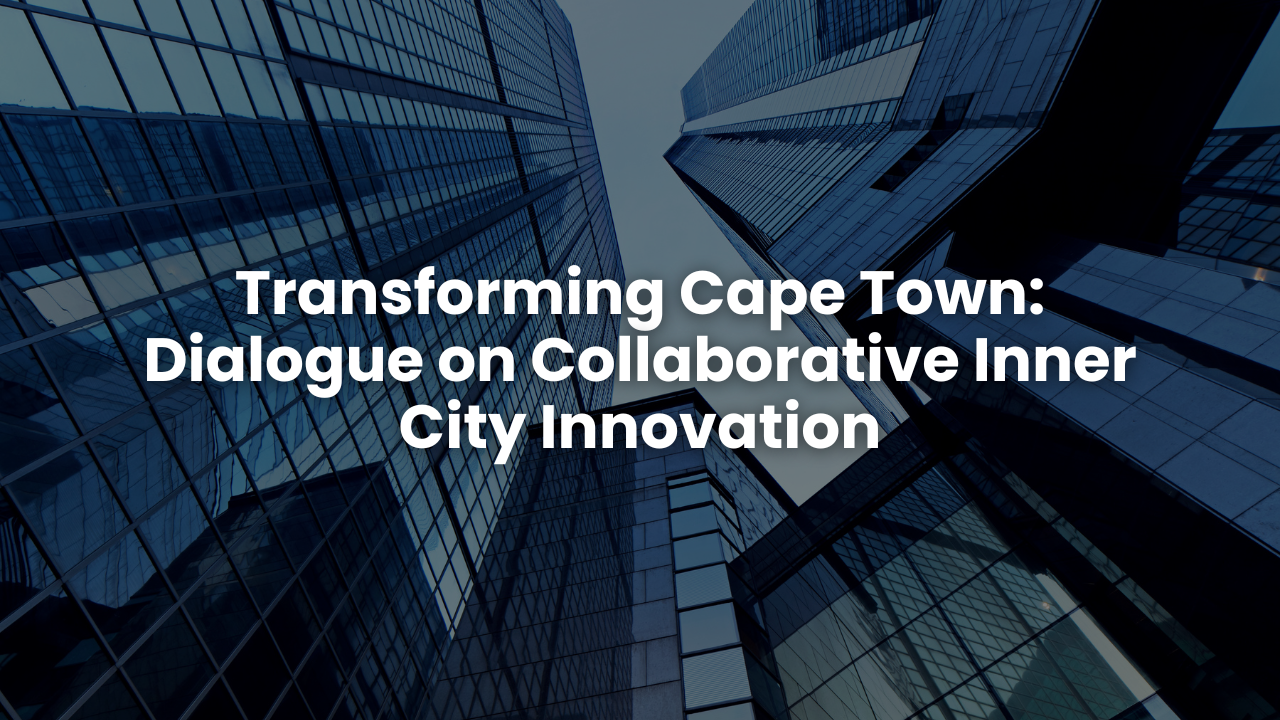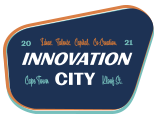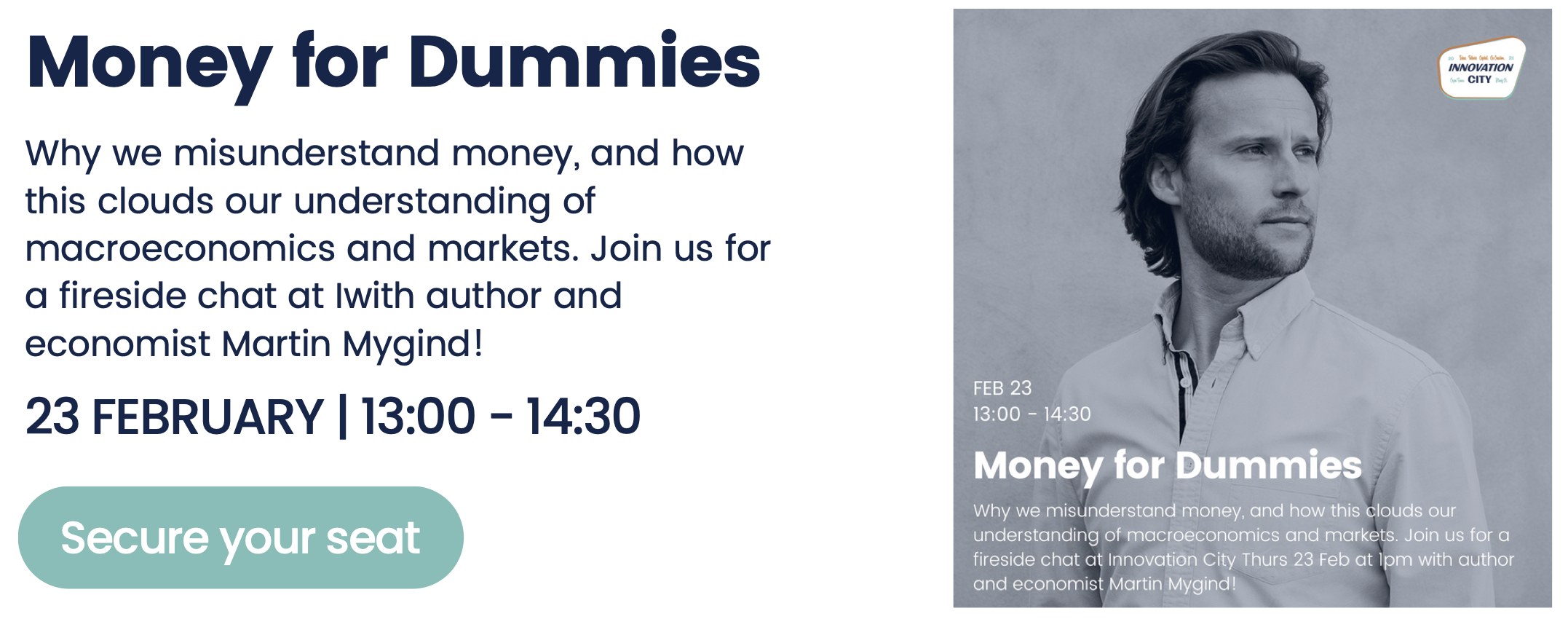
05 Dec Transforming Cape Town: Dialogue on Collaborative Inner City Innovation
In the heart of collaborative innovation, Innovation City Cape Town recently hosted an exclusive brunch themed “Transforming the Inner City Through Collaborative Innovation.” The event brought together a diverse panel of visionaries, entrepreneurs, and influencers, shedding light on the keys to unlocking the potential of Cape Town’s urban spaces. Here are the key takeaways from this insightful gathering.

Diverse Voices, Shared Vision
The lineup of guests at the brunch was nothing short of impressive, featuring a mix of industry leaders, entrepreneurs, and even a politician:
Epicenter: A Model for Success in Collaborative Innovation
Patrick Mesterton, Group CEO of Epicenter Stockholm, kicked off the discussions by sharing the remarkable success story of Epicenter. This innovative hub with establishments based in Stockholm, Oslo and Helsinki, has not only become a model for collaborative innovation but has also played a pivotal role in transforming urban spaces. Started in 2015, Epicenter now supports over 600 companies and boasts over 6,000 members, generating a staggering €285M annually. Epicenter actively and successfully contributes to converting challenged urban areas into sustainable hubs, as seen in Stockholm.

Public and Private Synergy
The conversation naturally gravitated towards the vital role of collaboration between the public and private sectors in urban development. Commercial Property Expert Marrku Torppa, highlighted the different town planning perspectives between Scandinavia and Africa, emphasising the need for collaborative approaches between real estate owners, the city, and the government for large-scale development.
Decoding Sweden’s Success
A spotlight on Sweden’s success underscored several factors contributing to its prosperous urban transformation. Free education, work-from-home incentives, robust connectivity, entrepreneurial spirit, and a strong social welfare system were identified as key drivers. Insights into the tax systems of Sweden and South Africa were coupled with a discussion on the challenges of raising capital in the South African context.
Overcoming Capital Challenges
Build One South Africa political leader Mmusi Maimane and Innovation City Co-Founder Kieno Kammies shed light on the challenges hindering access to capital in South Africa, particularly in the second economy and township sectors. Credit issues in the township economy were also highlighted as obstacles to sustainable development.

Resilience in the Face of Adversity
Property Developer Jody Aufrichtig shared the resilience needed in property development, exemplified through the River Club project. Despite facing numerous challenges, including plan revisions, extortion attempts, and threats, Aufrichtig emphasised the importance of resilience in the pursuit of urban development initiatives.
Building Trust for International Investment
Hans Otterling, Co-Founding Partner of Norrsken22, emphasised the crucial role of trust in attracting international investors. Leveraging the presence of global giants like Amazon, Otterling stressed the need for a united voice when dealing with municipal authorities.

Cluster Development and Problem-Solving
Mesterton outlined Epicenter’s approach to industry clusters, bringing companies together to address specific challenges. The significance of collaborative problem-solving emerged as a powerful tool for innovation.
Addressing City Challenges Head-On
The discussion also touched upon critical issues that a city management team in Cape Town should focus on, including access to capital, public mobility, safety, logistics, and education.
Short-Term Leasing and Paradigm Shift
Exploration of short-term leasing scenarios by landlords, with an eye on premium rates, led to discussions about the necessity for a paradigm shift in mindset. Being proactive rather than reactive emerged as a key theme for adapting to evolving urban landscapes.
Setting Up Clusters for Accelerated Growth
Tasso Evangelinos, the CEO of Cape Town Central City Improvement District, proposed the establishment of clusters involving stakeholders like developers’ associations and aligned groups to address challenges and accelerate economic growth.
Optimism and Mitigating Brain Drain
Closing the event on a positive note, Innovation City Co-Founder stephan ekbergh expressed optimism about the role of the real estate sector in preventing brain drain from South Africa. The importance of positive narratives about Cape Town and South Africa was underscored, echoing Otterling’s sentiment that “with some good PR, you can change the mentality.”
The Innovation City brunch not only provided a platform for insightful discussions but also showcased the power of collaboration in transforming inner cities. As these visionaries continue to shape the urban landscape, the lessons learned from this event are sure to resonate far beyond the confines of the brunch venue, influencing the future of collaborative innovation and urban development.
We’d also like to thank for their invaluable input at the brunch: Jonathan Fisher, CFO of Bitprop, Jean Scheltema, Chief Marketing and Innovation Officer at Wesgro, Russel Bruton, Head of Strategic Projects at Wesgro, and the dapper Quintin Rossi, Co-founder and CEO of Spear REIT Limited.
We will be continuing this conversation in a panel discussion on the 8th of February 2024. Keep your eye on our press for more details or subscribe to our newsletter here. Let’s nurture Cape Town’s inner city together!









